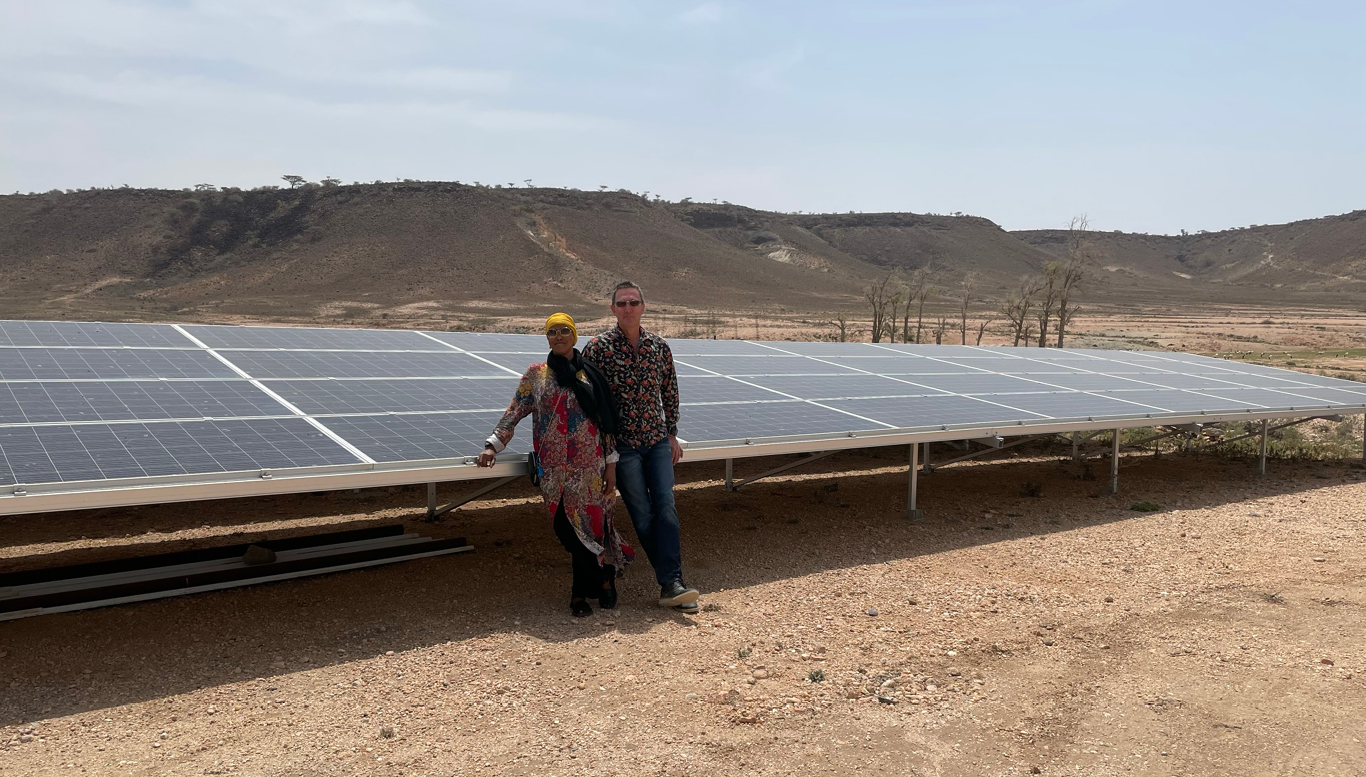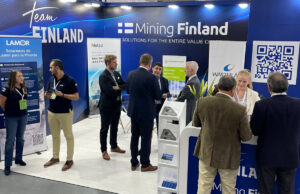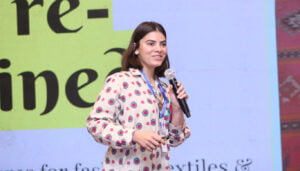Solar power provides affordable electricity and opportunities for sustainable growth in Somaliland

SolarLandAfrica has received a Finnpartnership grant to build a small-scale solar power network in Somaliland, reaching the village of Lafa-Ruug and the Deera Mall shopping centre in Hargeisa, the capital. Solar power enables lower electricity costs for consumers of all types, whether they are large companies, small-scale entrepreneurs or households.
Somaliland has some of the world’s highest electricity prices, and the price of grid electricity has continued to rise in recent times. Power cuts are commonplace, and electricity is often only available for a few hours a day, especially in rural villages.
SolarLandAfrica, established in 2013, is a solar power builder and service provider in Somaliland, offering electricity to households, companies, farmers and industrial plants. In a country like Somaliland, harnessing solar power is the natural next step toward providing customers with reliable, environmentally-friendly energy.
Support for entrepreneurs in difficult times
Said M. Jama is a restaurateur based in Hargeisa who runs a café in the Deera Mall shopping centre, which is particularly popular among the Somaliland diaspora and foreign visitors. SolarLandAfrica has a solar panel on the roof of the shopping centre, providing almost all the electricity consumed by the large café. The price of electricity has nearly halved since the solar panels were installed.
“We were lucky to get the electricity system just before the onset of the coronavirus pandemic. Our business suffered during the pandemic, but thanks to the lower electricity prices, I was able to keep all 20 of my employees on the payroll,” Jama says. “Now it looks like I will be able to hire more employees and expand the business.”
Said M. Jama is happy with the service he receives. “As an engineer and an entrepreneur, I have a good understanding of how this system works. It does not require much maintenance, and the remote control functions make it very easy to use.”
Connecting a village to electricity has a significant impact on businesses and households
The village of Lafa-Ruug is situated about 100 kilometres from Hargeisa, the capital of Somaliland. Last autumn, SolarLandAfrica built a solar plant and micro-grid in the village. The project, supported by Finnpartnership, provides almost all of the village’s approximately 160 households with electricity 24 hours a day.
The electricity grid has been highly beneficial for entrepreneurs working with tight margins. “Before, we only had three hours of electricity a day. Now I can sell new types of products, like fresh fruit juice, and I hope to expand my business,” says Faatumo Abdi Mataan, who runs a grocery.
Female traders have welcomed this development, as it also eases the burden of household work. “Now I have a washing machine at home, and it makes everyday chores easier. I have also bought a refrigerator for the shop, so I focus more on my business,” says Sayneb Daahir Hasan, a trader.
Saad Muuse Ibraahim, who runs a pharmacy and food stalls, says that he has bought two freezers and a refrigerator, as well as an ice cream machine and a coffee maker. “These appliances have enabled me to earn more. My children also feel safer now that there are lights in the village and the power supply lines are safer.”
Nimo Ahmed Faarah runs a kiosk in the village, and he had no access to electricity before the solar power network was built. “I used to use a gas lamp, and the gas ran out quickly. Now I can keep the kiosk open longer. I can also earn extra income by charging my customers’ phones.”
Training and the support of local communities are important steps on the path to success
SolarLandAfrica employed about 50 people over the various phases of the project, 11 of whom are the company’s own employees. Since completing the Lafa-Ruug project, the company has built micro-grids in five other villages and connected numerous companies and households to the power supply in the city of Hargeisa.
“Among other things, the support of Finnpartnership enabled us to productise our micro electricity grid. We aim to hire and train more employees in the near future. The grids are in such high demand that we have a lot of customers and entire villages on our waiting list,” say Leila Omar and Mika Häikiö, the founders of SolarLandAfrica.
Boosting the expertise of employees is an important aspect of SolarLandAfrica’s business. Abdirisak Ali Yusuf, an electrical engineer, has worked for SolarLandAfrica for over a year. He started as a trainee and is now on an apprenticeship contract. “I have learned a lot about solar power systems, and I plan to stay at the company. This is a good place to work,” Yusuf says.
Aden Mohammed Abdillahi is a maintenance worker for SolarLandAfrica in Lafa-Ruug. He is also a former village leader and a member of the local village council. “Our village has really benefited from the project. People used to trip over in the dark, and wild animals prowled around houses. I also think it is good that local decision-makers played an active role in the discussions,” Abdillahi says.
Abdillahi summarises the benefits of solar power for the village of Lafa-Ruug: “Before, we were in the dark; now, our village is bathed in light.”
Share on social media


